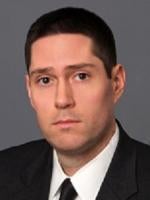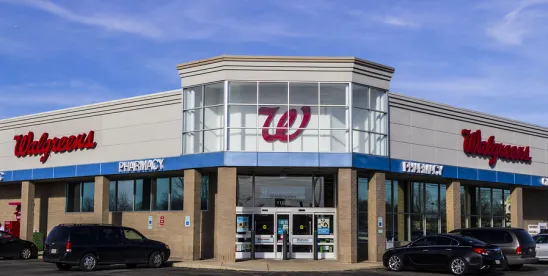A federal district court recently dismissed a putative Telephone Consumer Protection Act (“TCPA”) class action against CVS Health Corporation (“CVS”) Lindenbaum v. CVS Health Corp., Case No. 17-CV-1863 (N.D. Ohio Jan. 22, 2018), because the reminder calls to renew prescriptions fell within the “emergency purposes” exception of the TCPA.
Plaintiff Shari Lindenbaum alleged that CVS made at least six prerecorded prescription reminder calls to her cellphone in early 2017. She claimed that she received these calls because she had a “recycled” cell phone number — a number that once was used by an individual from whom the caller obtained consent but had since been reassigned to a different individual — and that she had never provided “prior express written consent” to receive the calls. CVS asked the court to dismiss Lindenbaum’s claims, primarily arguing that the calls fell within the TCPA exception for “emergency purposes.”
The TCPA exempts calls “made for emergency purposes” from liability under the statute. 47 U.S.C. § 227(b)(1)(A). Federal law defines “emergency purposes” as “calls made necessary in any situation affecting the health and safety of consumers.” 47 C.F.R. § 64.1200(f)(4). The district court followed the Federal Communications Commission’s suggestion that the “emergency purposes” exception should be interpreted broadly in finding that the alleged CVS calls fell within that exception.
The court found that the prescription reminder calls were “necessary,” relying on a case from the Eastern District of Missouri, Roberts v. Medco Health Solutions, Inc. No. 4:15 CV 1368 CDP, 2016 WL 3997071, at *3 (E.D. Mo. July 26, 2016), which found that “in many instances a patient’s ability to timely receive a prescribed medicine is critical in preventing a major health emergency.” The Roberts court had found that the exception’s plain language did not limit the exception to large-scale emergencies such as power outages, severe weather, terrorist attacks, or AMBER alerts, as Lindenbaum had argued. The court also found that the CVS calls were made for the “health and safety of consumers” because “information about where, when, and how to refill a prescription concerns the health and safety of consumers, who may be reliant on their medication.”
The court noted that this exception would not necessarily apply to all pharmacy reminder calls, relying on a case from the Northern District of California, St. Clair v. CVS Pharmacy, Inc., 222 F. Supp. 3d 779, 780 (N.D. Cal. 2016). The court agreed with St. Clair that that there could not be an “emergency” if the customer already had told the pharmacy that she did not want or need the reminder calls. However, Lindenbaum did not allege any affirmative action she took to tell CVS that it was calling the wrong number or that she did not want to receive the calls. In absence of such affirmative action, even if Lindenbaum had never consented to receive the calls, the calls would fall within the “emergency purposes” exception. Accordingly, the court held that the calls were exempt from liability and dismissed the action.
Of note, because the calls in question were deemed to be “made for emergency purposes,” they are outside the scope of the TCPA entirely, rather than falling within an exception to the TCPA such as the “health care purposes” exception. 47 U.S.C. § 227(b)(1)(A). Accordingly, the calls did not require consent in any form. This means that such calls are not subject to the FCC’s pronouncements on calls to reassigned numbers, including those set forth in the FCC’s July 2015 TCPA Order (“July 2015 Order”) (previously discussed here). Pursuant to that Order, calls to reassigned numbers (even where the caller has TCPA-compliant consent from the previous subscriber) are deemed to be made without consent, and all calls to a reassigned number (except for the first call post-reassignment) may be TCPA violations. This ruling therefore presents a powerful defense in certain instances to TCPA claims predicated on calls to preassigned numbers.




 />i
/>i

